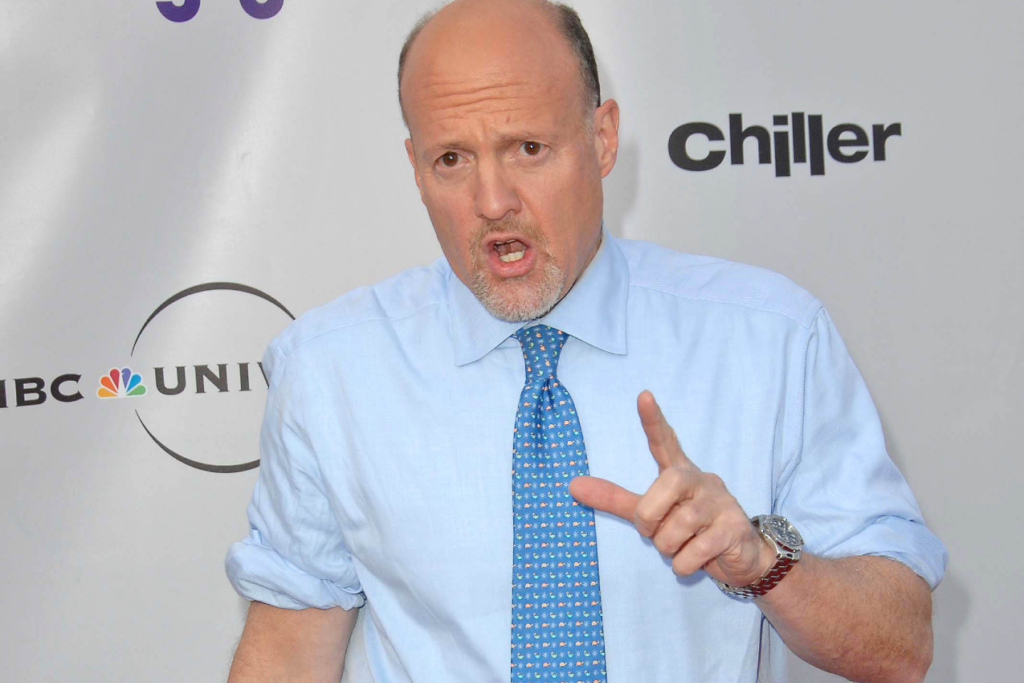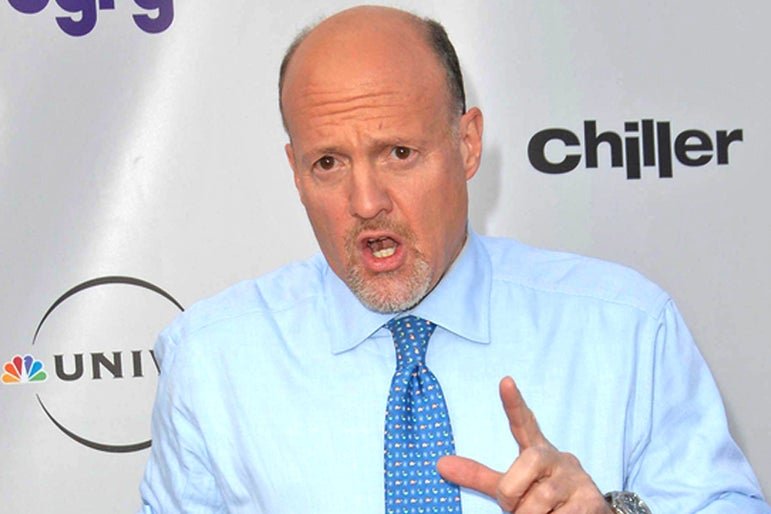With the United States economy on a path of recovery, business economists and analysts are feeling optimistic about the country’s economic outlook. According to a recent survey conducted by the National Association of Business Economics (NABE), only 25% of respondents foresee a recession in the United States in 2024. This positive sentiment is fueled by declining inflation and robust growth, which have raised hopes that the Federal Reserve can achieve a “soft landing” by conquering inflation without causing a recession.
However, while the majority of business economists and analysts believe that a recession in 2024 would be triggered by external factors, such as a conflict involving China, there are still concerns about potential political tensions. In fact, the survey highlighted that 85% of respondents are worried about political instability in the United States before or after the presidential election, and 57% believe that budget policies need to be more disciplined.
The survey results align with the concerns expressed by experts in recent months. Experts have warned that the reacceleration of the economy could prompt the Federal Reserve to raise interest rates instead of cutting them, posing a risk to the stock market. European asset management firm Amundi has also predicted a slowdown in the U.S. economy, which could lead to a decline in the performance of top stocks in 2024. Canadian economist Campbell Harvey has also forecasted a slowdown for the U.S. economy in the same year.
These warnings, coupled with the recent survey results, suggest that while the immediate risk of a recession may be diminishing, external factors and political tensions could still pose significant threats to the U.S. economy in the coming year. The potential conflict between China and Taiwan, in particular, is seen as a moderate probability by 63% of respondents, further adding to the concerns.
It is important to note that the survey also indicated that year-over-year inflation is expected to exceed the Federal Reserve’s 2% target through 2024, with a majority of respondents expecting it to exceed 2.5%. This suggests that while the economy is on a positive trajectory, there are still challenges to be addressed in terms of managing inflation.
Overall, the survey results provide insight into the sentiments of business economists and analysts regarding the U.S. economy in 2024. While the majority are optimistic about the domestic economy’s outlook, there are concerns about external factors and political tensions that could impact economic stability. It remains to be seen how these factors will play out in the coming year and what steps will be taken to address them.




